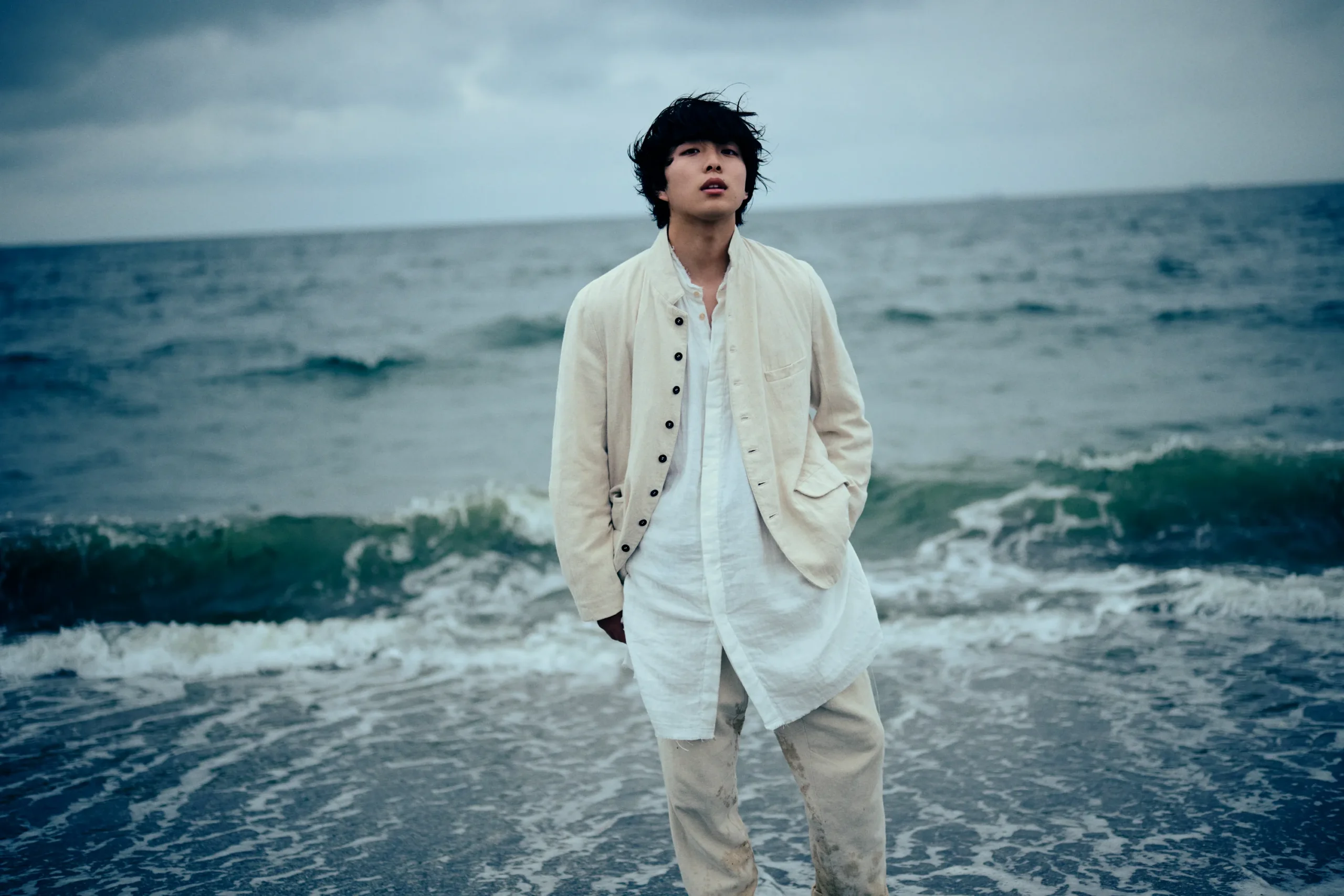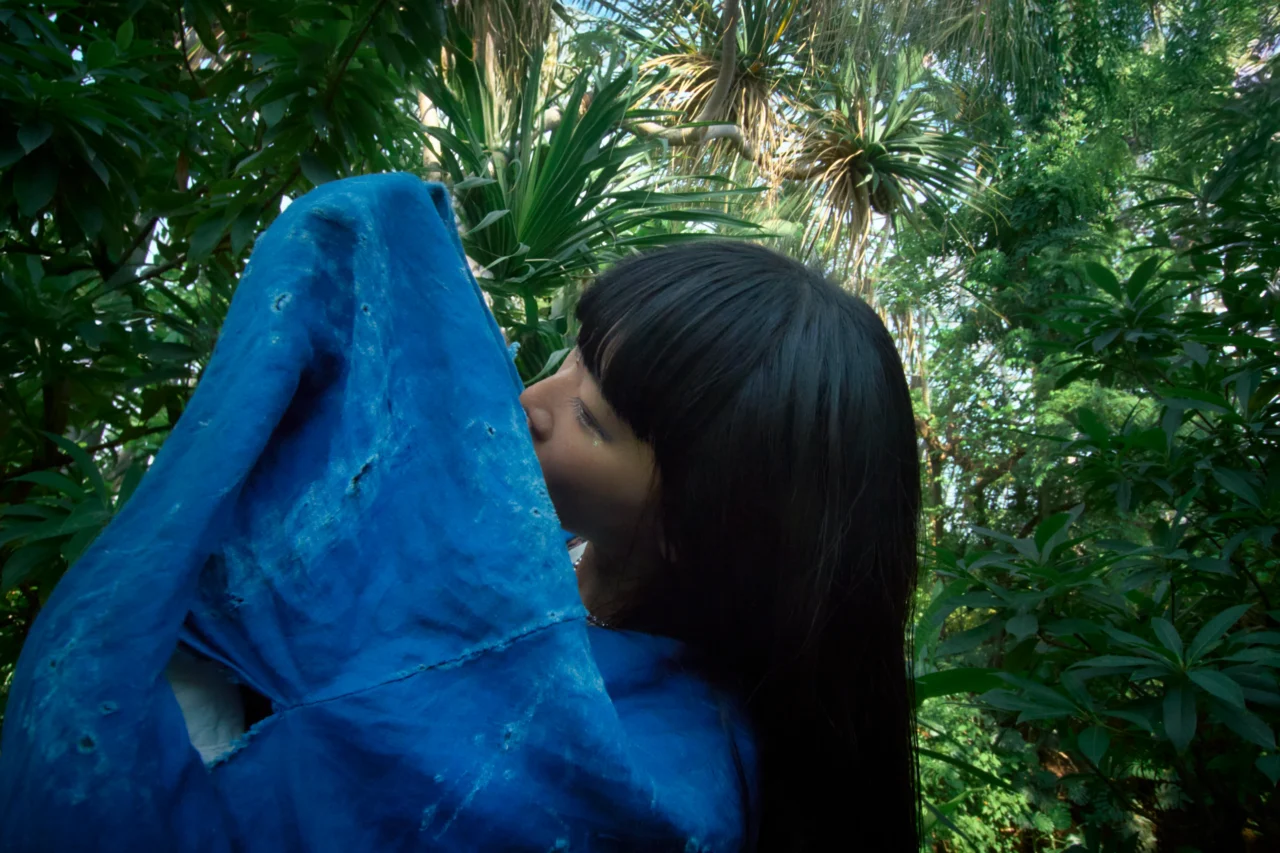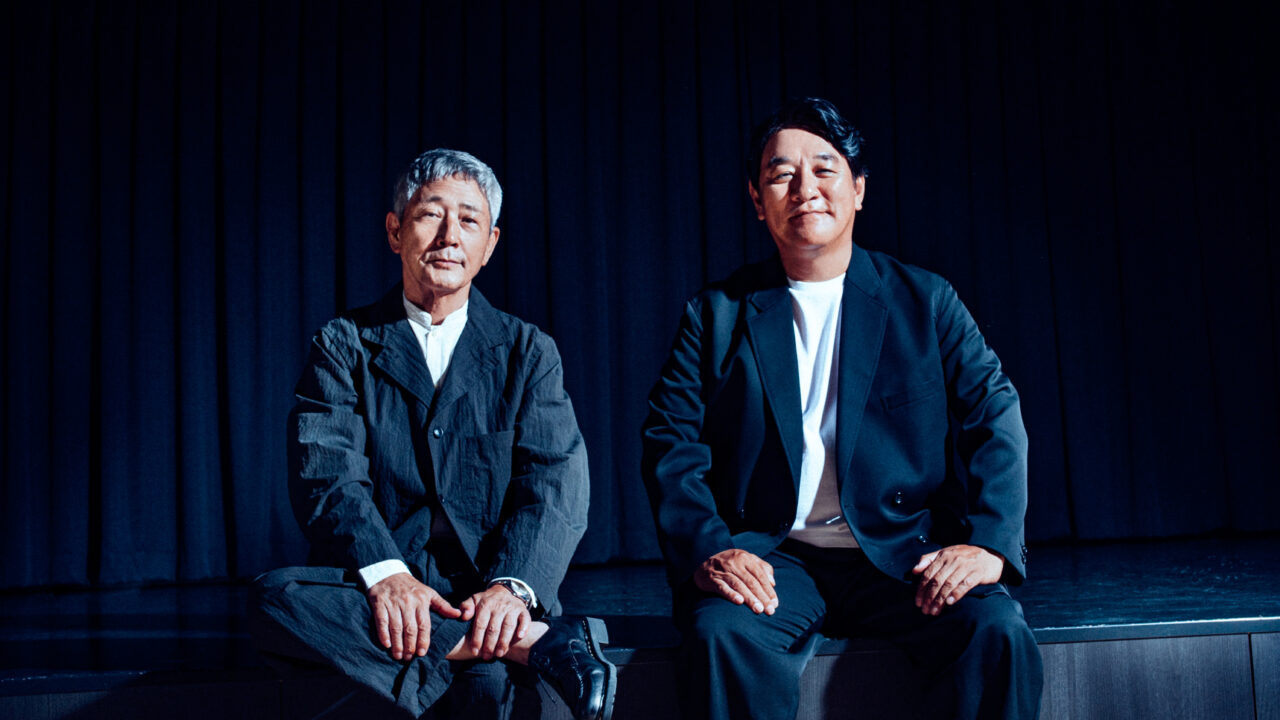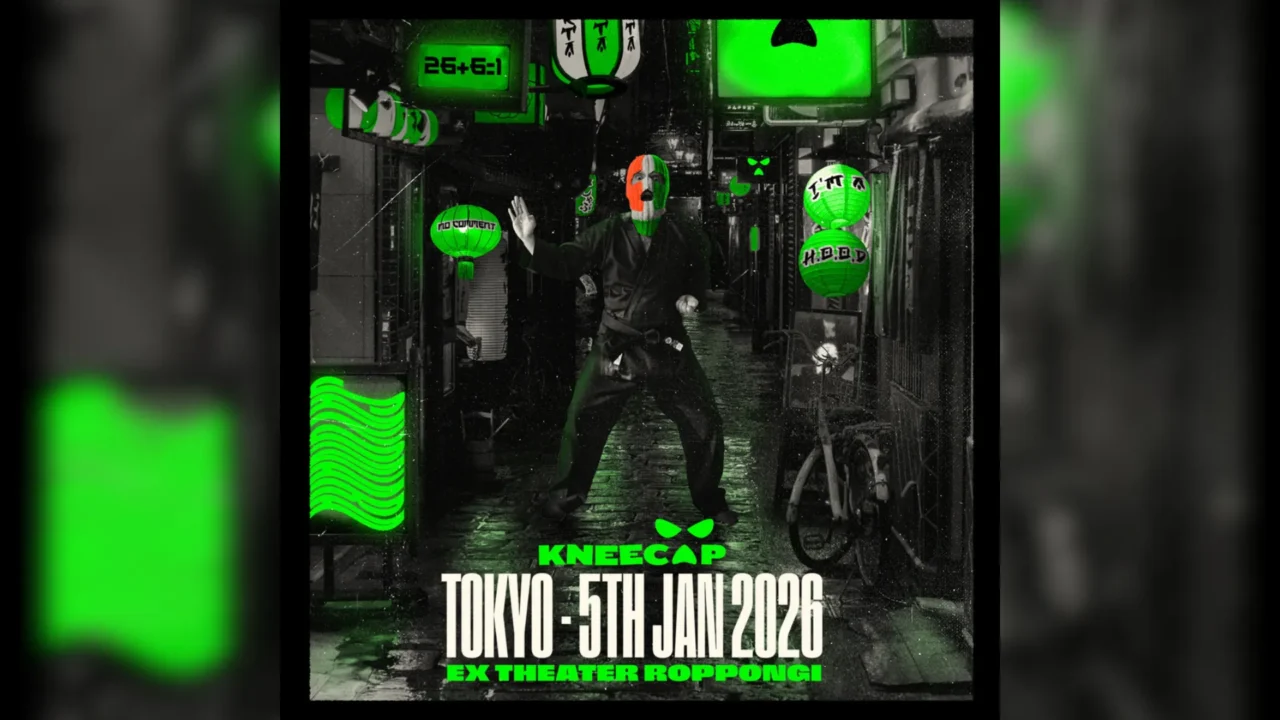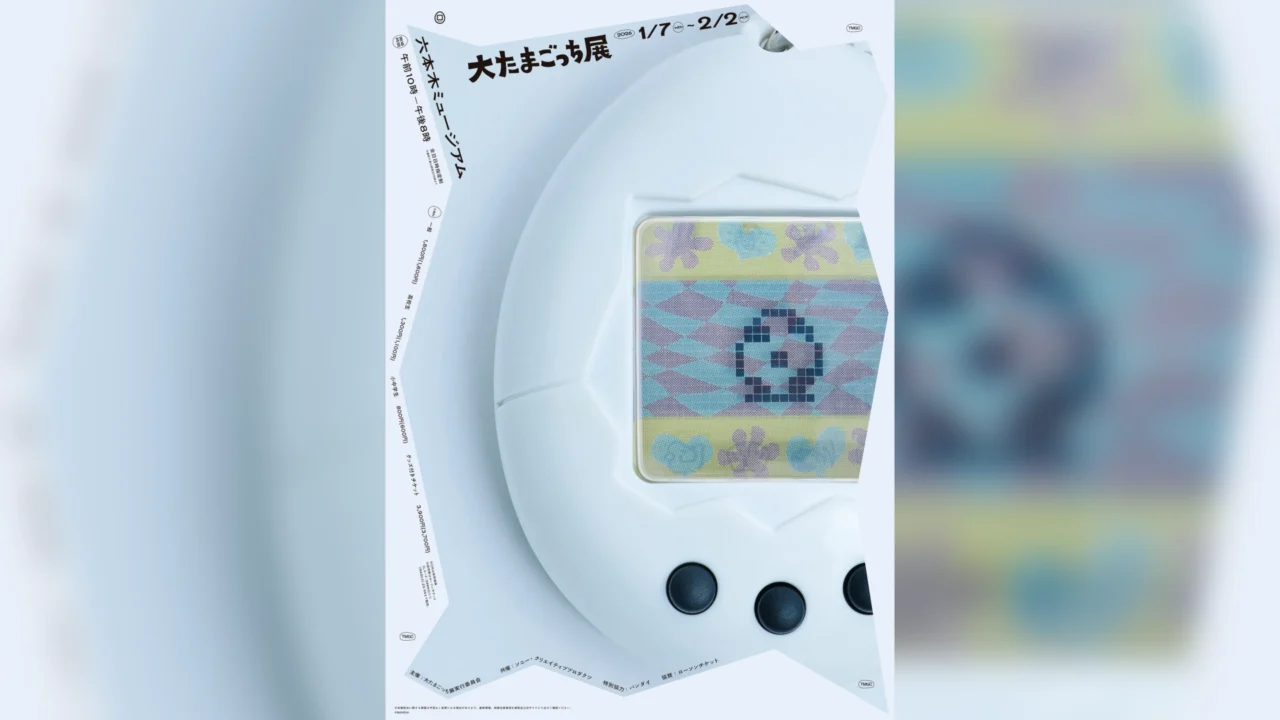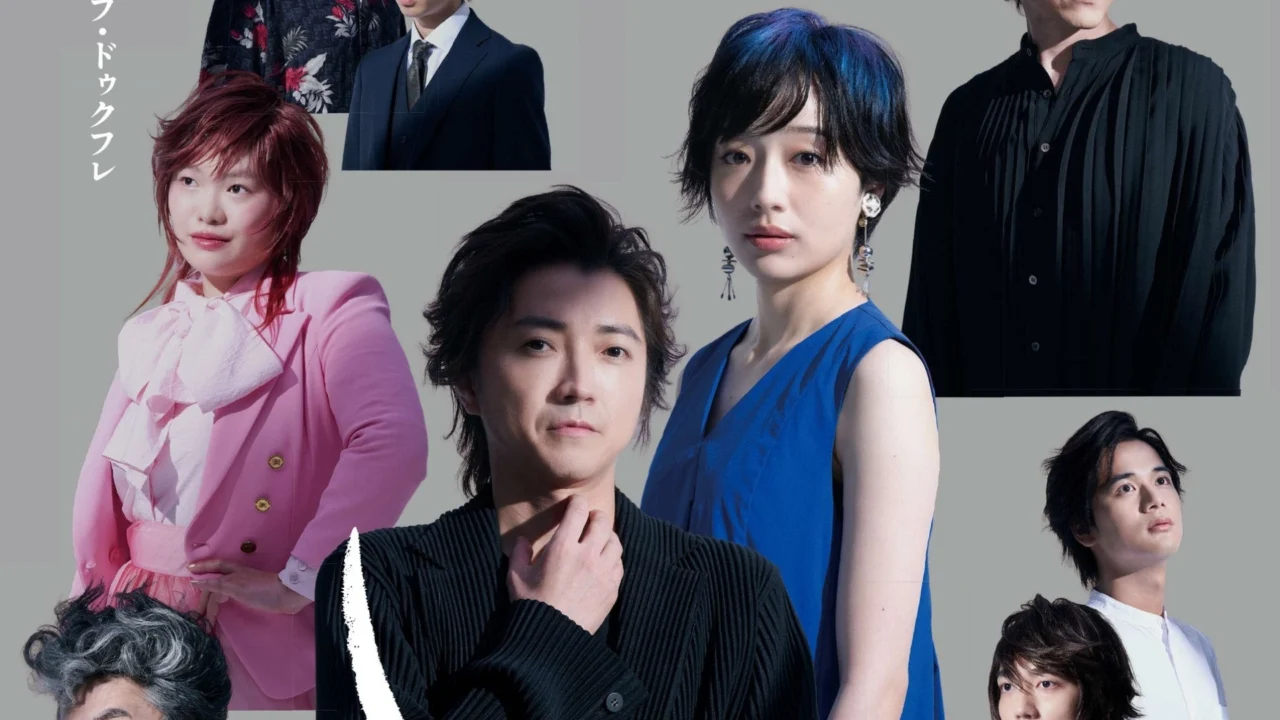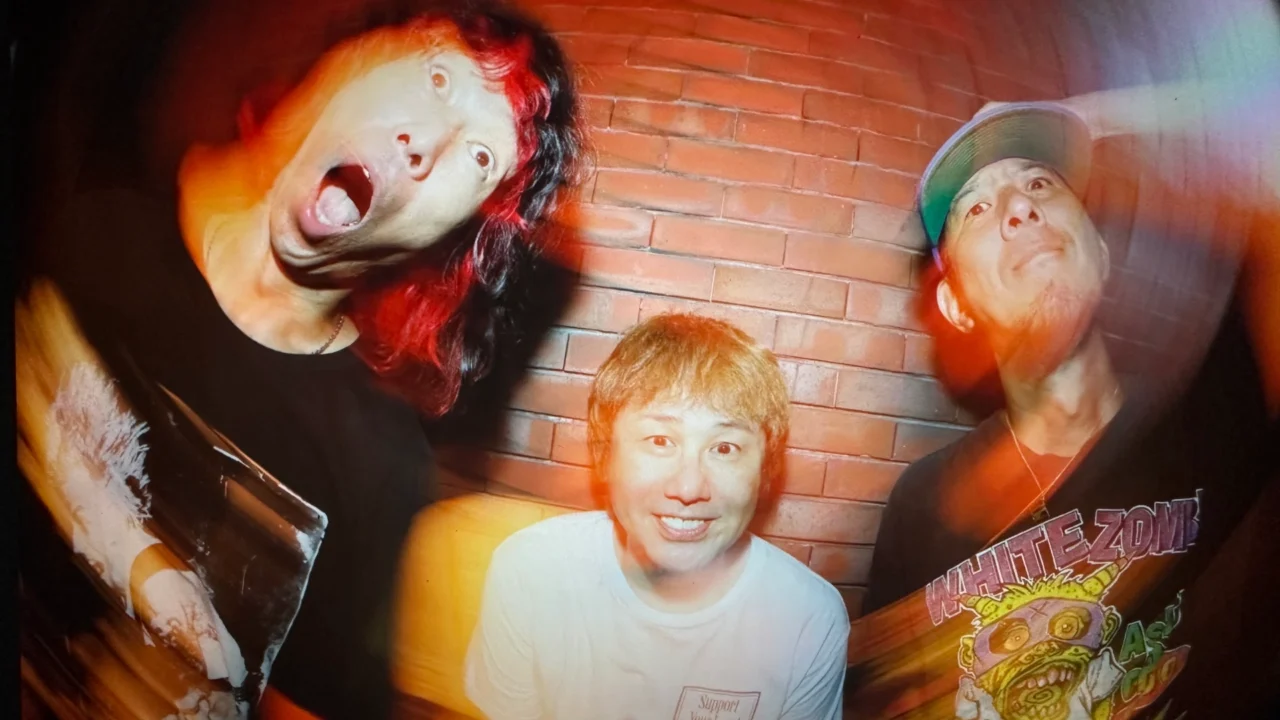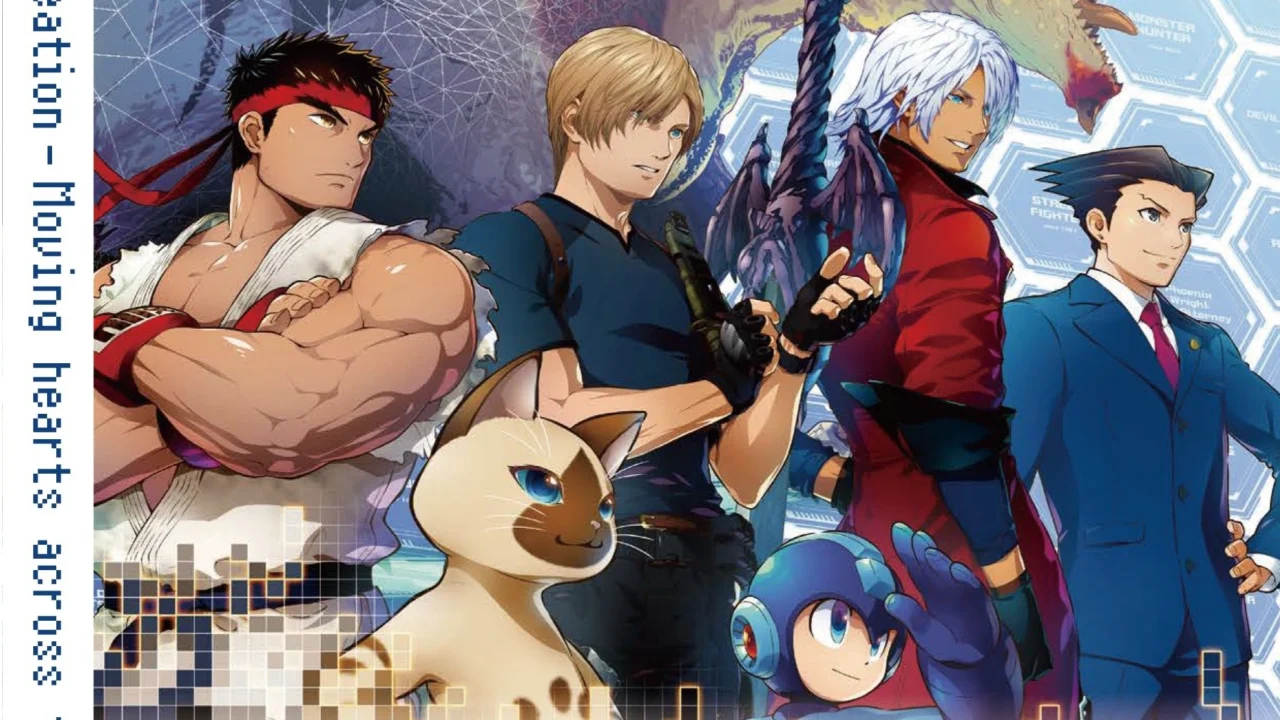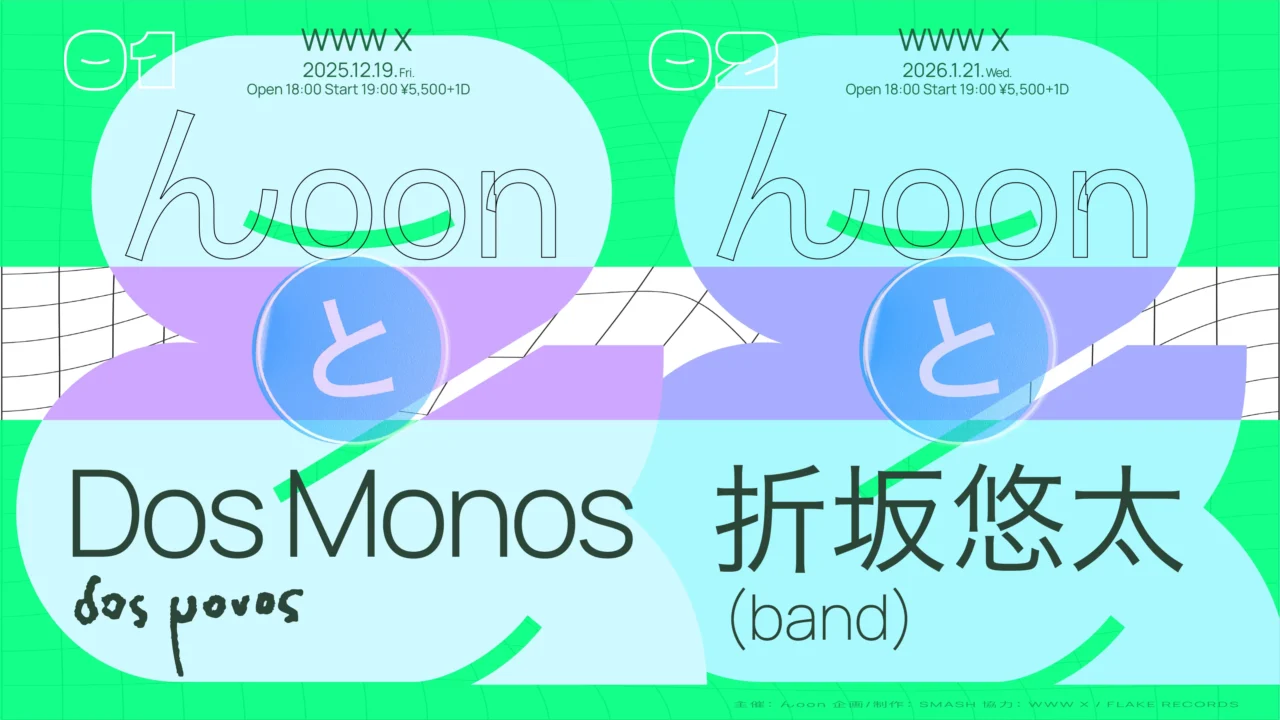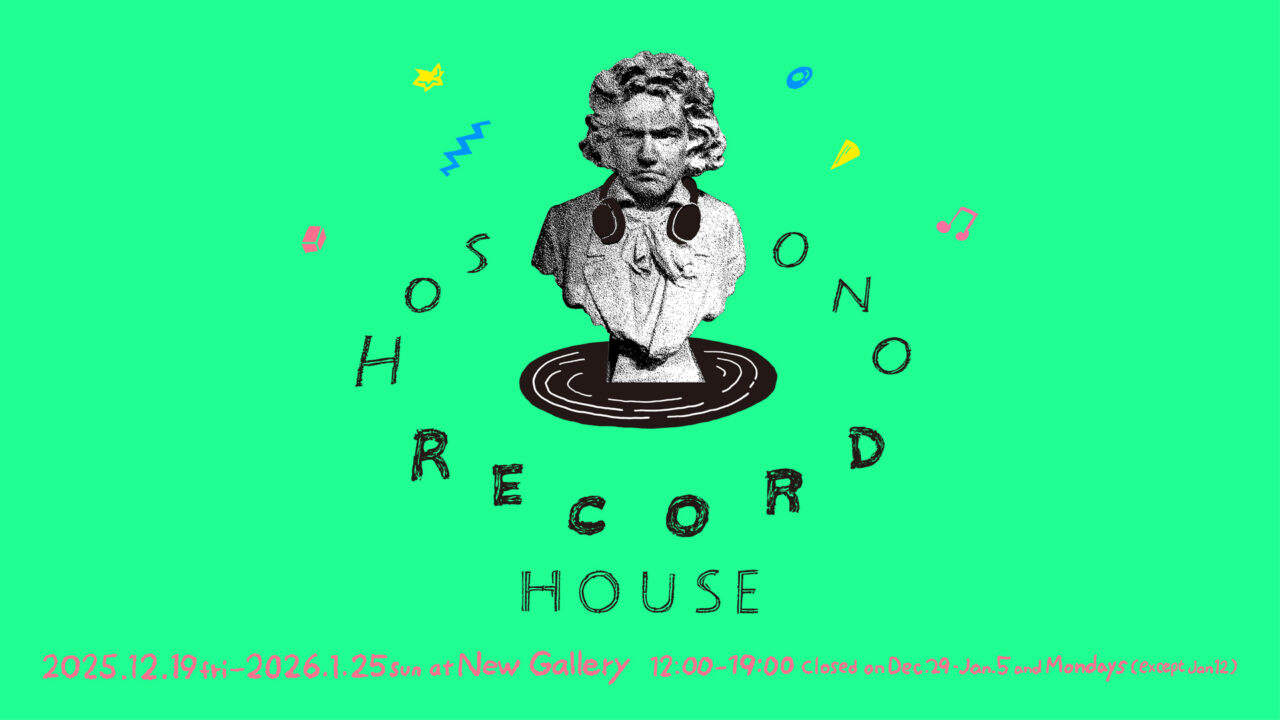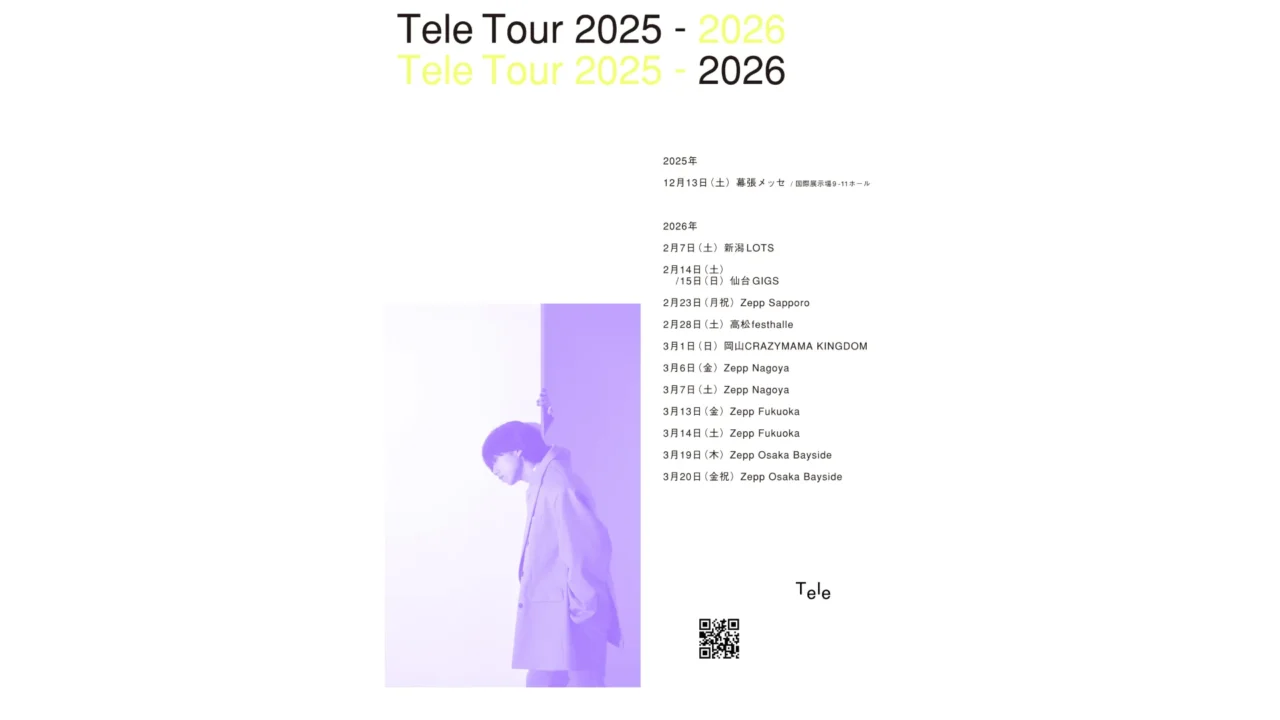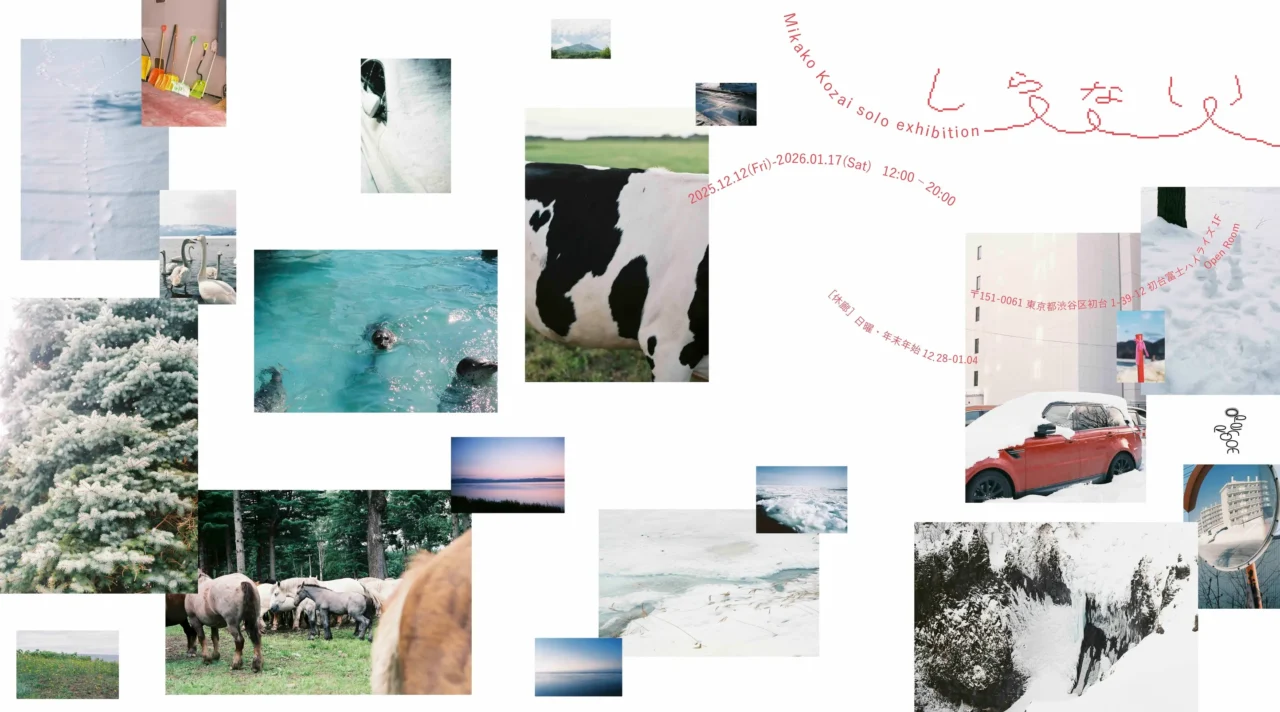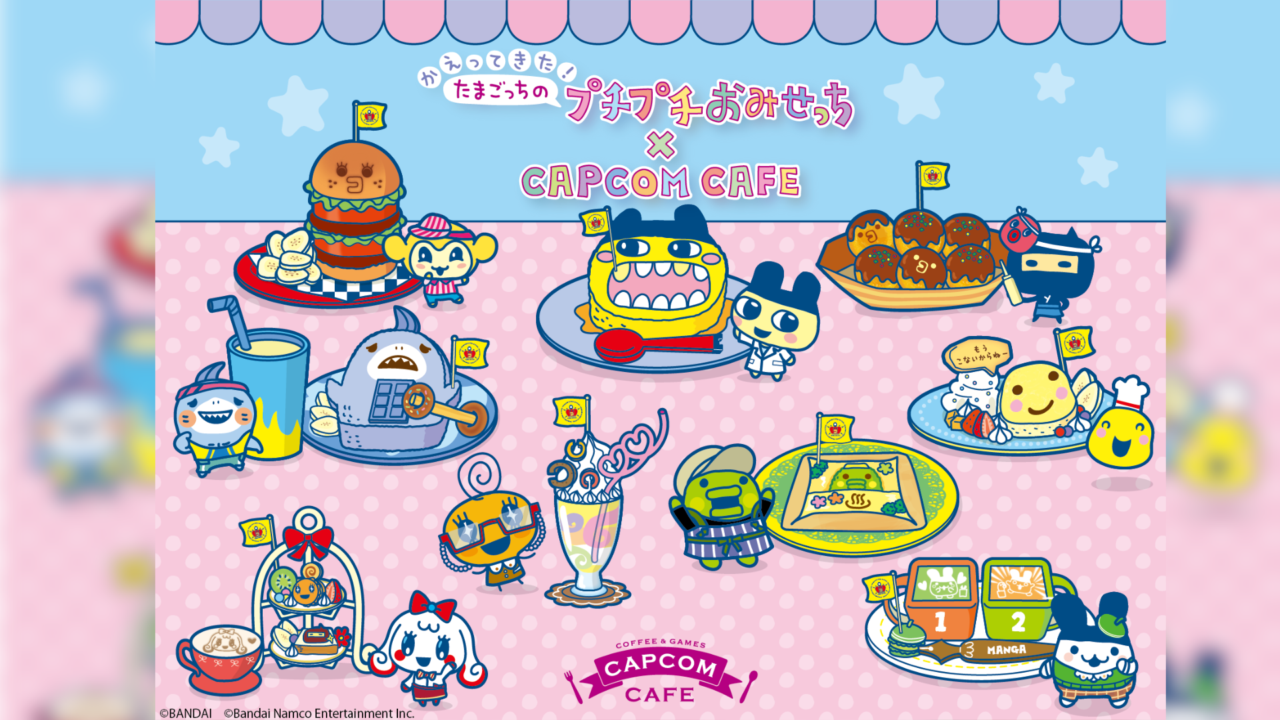In every era, new voices emerge to reflect society and sometimes even to save it. Rol3ert is one of those artists, arriving at a time when division and exclusion are spreading, and standing as an inevitable presence in this world.
Born in the United States in 2005 and raised in Japan from the age of two, Rol3ert began his solo career in earnest in January 2025. His four releases so far, “meaning,” “HOPE,” “Nerd,” and “say my name,” blend primarily English lyrics aimed at a global audience with melodies inspired by Japanese music and J-POP, creating a sound that is uniquely his own. His cover videos on Instagram have gone viral around the world, some surpassing four million views, while his original tracks have been included in playlists across multiple countries. Fans and followers already span Korea, Taiwan, Thailand, Indonesia, the Philippines, the United States, Brazil, and beyond. Recognition within the music industry has followed quickly and in just seven months since his official debut he has performed at major festivals such as ‘FUJI ROCK FESTIVAL ’25’ and ‘SWEET LOVE SHOWER.’
Through this interview it became clear why Rol3ert resonates globally. His music conveys the feelings and sensibilities needed to live in the present and face the future. What stands out is not bold proclamations of being a trailblazer but the natural, candid words of a nineteen-year-old reflecting his era. He has the courage to translate that perspective honestly into his music. His desire to reach listeners across boundaries of race and gender comes not from making polished statements against exclusion but from a simple truth: one cannot move forward without hope. He genuinely wants to share that feeling with the world.
This is the first time an interview with Rol3ert has appeared online. This page seeks to capture who he is as an artist from his roots to the depths of his thinking.
INDEX
INDEX
The Secret Behind His Electrifying Live Shows
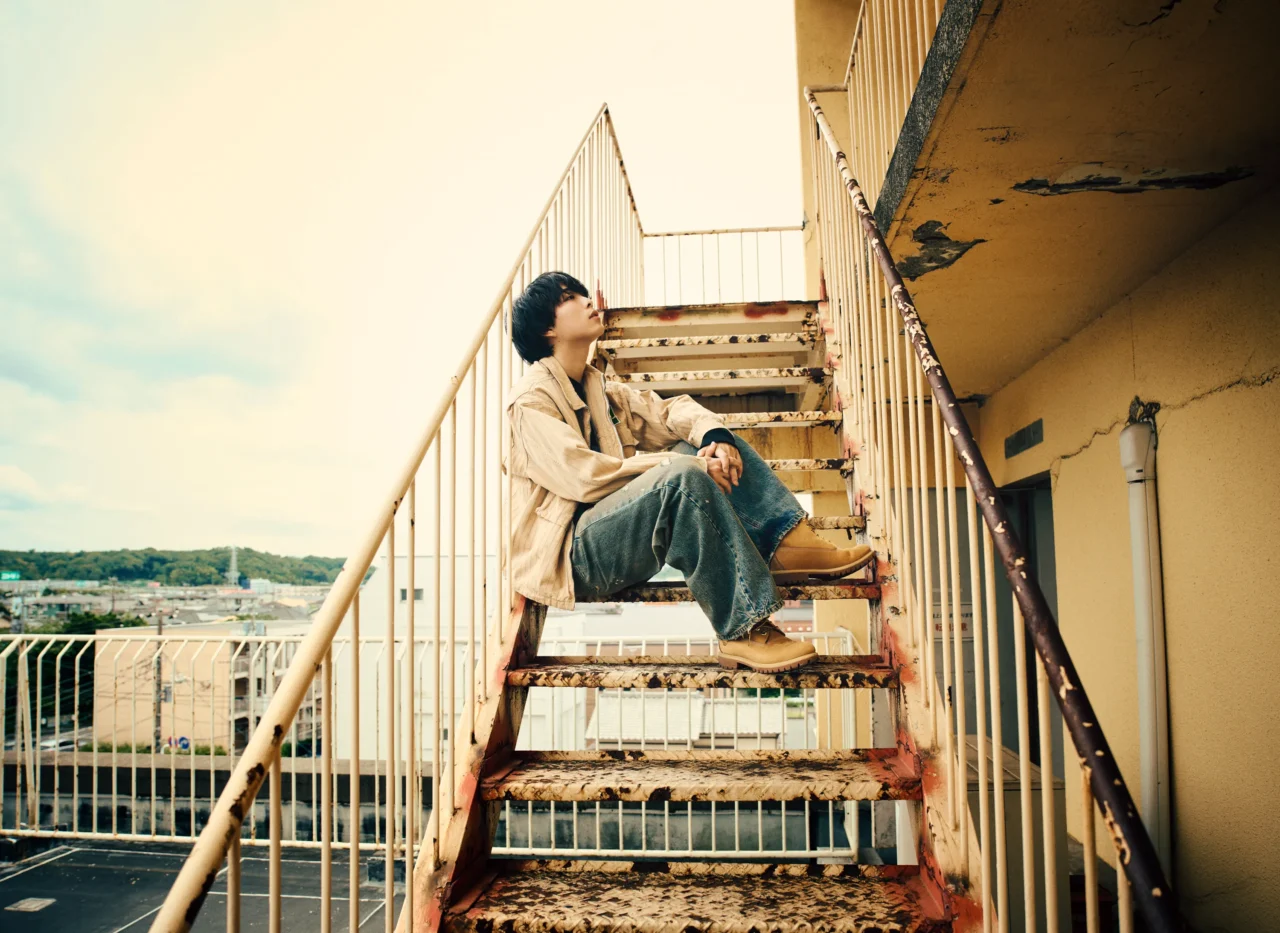
Born in 2005, now 19. From the U.S. and raised in Japan from the age of two, Rol3ert combines global-minded track-making, pop and J-POP-inspired melodies, and lyrics that speak to loneliness and life’s struggles, captivating listeners worldwide. He officially launched his career in January 2025 with “meaning” and dropped his latest single, “say my name,” on August 27. At just 19, he’s already turning heads as a bold new talent from Japan making waves on the global music scene.
At your first solo live in July and even at FUJI ROCK FESTIVAL ’25, the audience gasped when you said, “I’ve only been fully active for six months.” I cover a lot of artists born in the 2000s, and before the pandemic, it was generally believed that artists had to grind it out in live venues to become good at performing. But since the pandemic, some of these 2000s-born artists can step onto a stage with very little experience and immediately deliver amazing shows. I think those artists either spent their middle and high school years performing in front of people, whether at live venues or online, or they watched countless live videos and developed a strong imagination and creativity about what to take in and how to express it themselves. Sometimes it’s both. How about you?
Rol3ert: I watch a lot of live performances. I go to shows when I can, and I also watch my favorite artists’ concerts on YouTube. The one that left the biggest impression on me was The 1975 at Madison Square Garden. Ever since I was little, my dad exposed me to Michael Jackson, The Clash, Adam Lambert, and others, but especially Michael Jackson—I watched so many of his live videos. The energy was just insane, and I kept replaying them over and over. More recently, I like watching live videos taken by fans on their phones, like d4vd or keshi. I think the videos uploaded by fans actually have a certain raw, real quality to them.

Before you started performing as Rol3ert, how did you get involved with music? I heard you were in a band in high school, and it seems like that experience feeds into your live performances now.
Rol3ert: From first grade through around second or third year of middle school, I played the violin. That might have influenced parts of what I do now. Around my second year of middle school, I got really into ONE OK ROCK and revisited Michael Jackson. From there, I dove into major artists like Justin Bieber and Taylor Swift, as well as DJs like Avicii, Alan Walker, and Kygo. That’s when I started exploring Western music more deeply. Eventually, I thought, “I want to try writing my own songs,” and I formed a four-member band with some friends.
What made you want to start writing your own songs?
Rol3ert: You know that feeling when you’re listening to music and completely lost in it? That was really comforting for me. But it was someone else’s music. It wasn’t something I created myself. I wanted to make my own emotional journey, my own experiences. At first, I used the recording function on my electronic piano and GarageBand, the free music-making app by Apple, to create songs. In the band, I was the twin-vocalist and bass player. Right after that, I had to focus on exams, so I didn’t do much in middle school. But in high school, I really started putting myself into it. I wrote original songs, uploaded videos to social media, and even performed a handful of times, about five shows, at live venues.
Your first solo live was just you, playing piano and singing. What has the piano meant to you throughout your life?
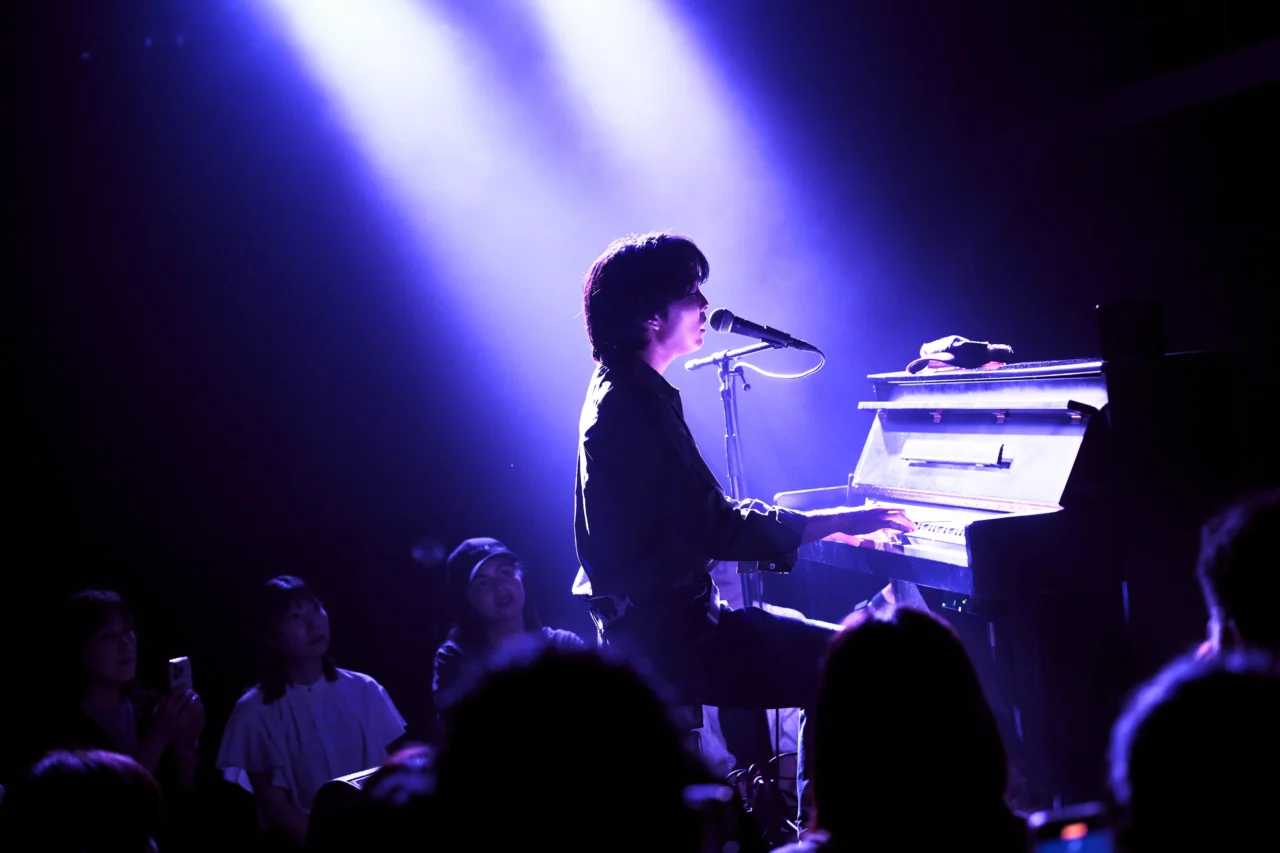
Rol3ert:At home, we had my mom’s digital piano and a grand piano, so I grew up in an environment where piano sounds were always around. That probably had a big impact. My older brother isn’t a musician or anything, but he can naturally harmonize. My mom isn’t a professional either—she’s more of an amateur who does it freely—but the other day she said, “I work so I can play the piano” (laughs). As for me, I never really practiced properly. I would watch YouTube videos and just play the songs I wanted to play, then be done. Honestly, I just messed around.
Those who can spend time fully immersed in something without thinking of it as “practice” or “effort” are the strongest. Those are the people who go pro.
Rol3ert: That’s true. As long as you’re having fun, that’s what matters.
Why did the band end up breaking up?
Rol3ert: This is a tricky one because I don’t want to be disrespectful, but there’s a difference between the fun of just enjoying yourself and the fun of aiming high. Everyone said, “Let’s aim high,” but sometimes it was just words. I thought about it seriously and told everyone, “I’m quitting.” The band officially disbanded at the end of July last year, and since I was the one who said I’d quit, I felt I had to follow through. So I started posting videos on social media in August.
INDEX
Breaking Barriers with Sound
In other words, you’ve always had a strong desire to aim high. What exactly are you aiming for?
Rol3ert: There are a lot of concrete goals like performing at Madison Square Garden, for example. But ultimately, as I said before, I want to create emotional experiences myself. And I hope those experiences don’t just stay with me, but reach people regardless of race or gender. I want my music to be something that brings comfort and calm to everyone. I want it to surround everyone, leaving no one out, and pass on the sense of peace and reassurance I feel from music. That’s what I’m aiming for.
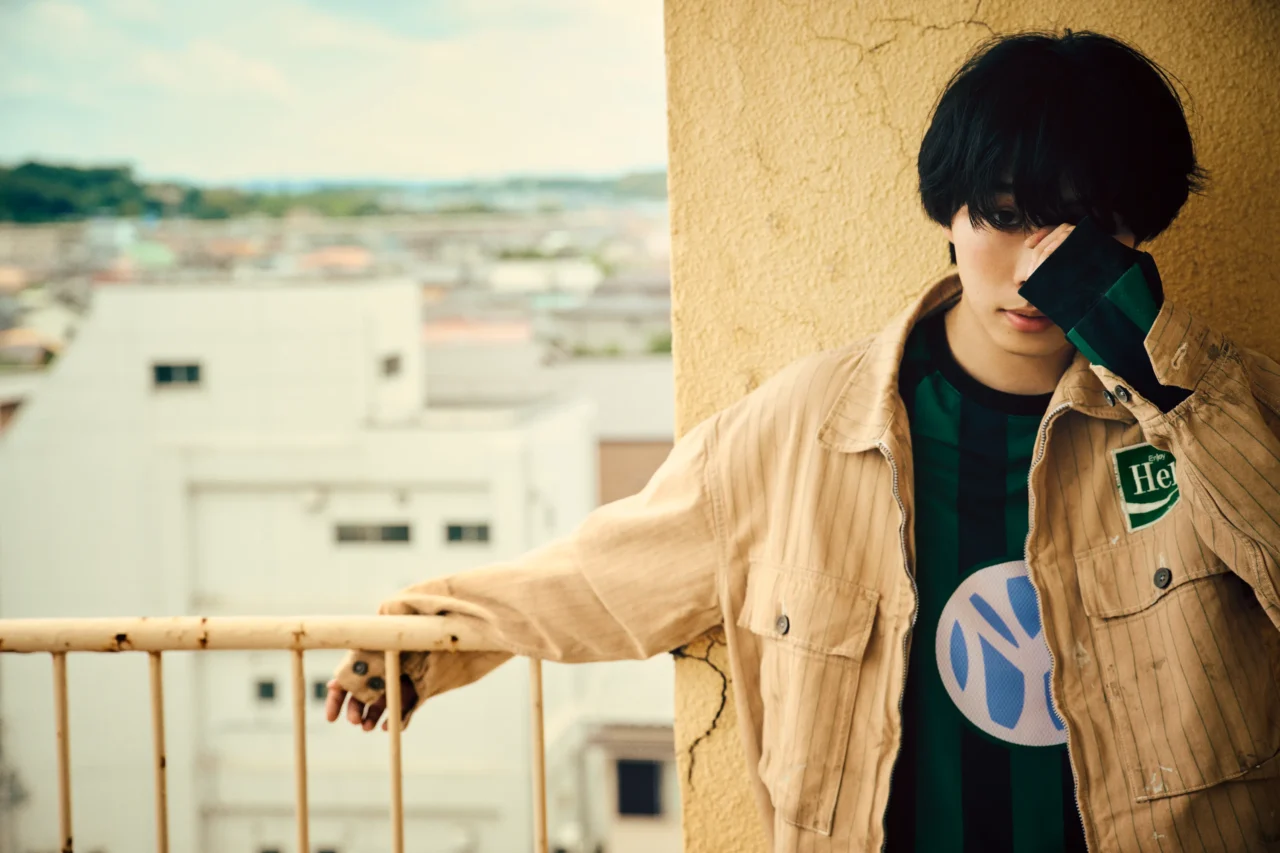
In “meaning,” you tackle topics like race and identity. What drives your desire to reach everyone?
Rol3ert: I think everyone carries some biases, but even though we’re all human, people are often judged differently. In “meaning,” I sing about how that can hurt some people or make others feel guilty. For me, good music is good music, whether it’s Japanese or not. I believe that if my music is strong, it can connect with anyone, no matter their race or identity. I want it to reach as many people as possible, and creating music that does that is what makes me happiest.
You were born in the U.S. and moved to Japan at age two. Do your identity or life experiences influence your music?
Rol3ert: I’ve never experienced discrimination or felt burdened by it, so I don’t think that directly shapes how I write music. But recently, I visited the International Club in Chicago, and being surrounded by people of all races felt incredibly freeing. Even with different languages and cultures, everyone coexisted without denying each other’s backgrounds. It was a really comfortable experience, and I realized that reaching people beyond just Japanese listeners is exactly what I want my music to do. the Japanese.
INDEX
Hope and Comfort to Move Forward
In a world increasingly divided and influenced by exclusion, your perspective and the messages in your music feel especially meaningful. How do you think your music speaks to that?
Rol3ert: I don’t expect everyone to think the same way about everything. But even if you can’t fly, that doesn’t mean you just give up. You find ways to calm yourself, to cope, to approach challenges differently. Division is hard to stop, but you don’t have to surrender to it. Music is the thing that works best for that, which is why I want it to reach as many people as possible.
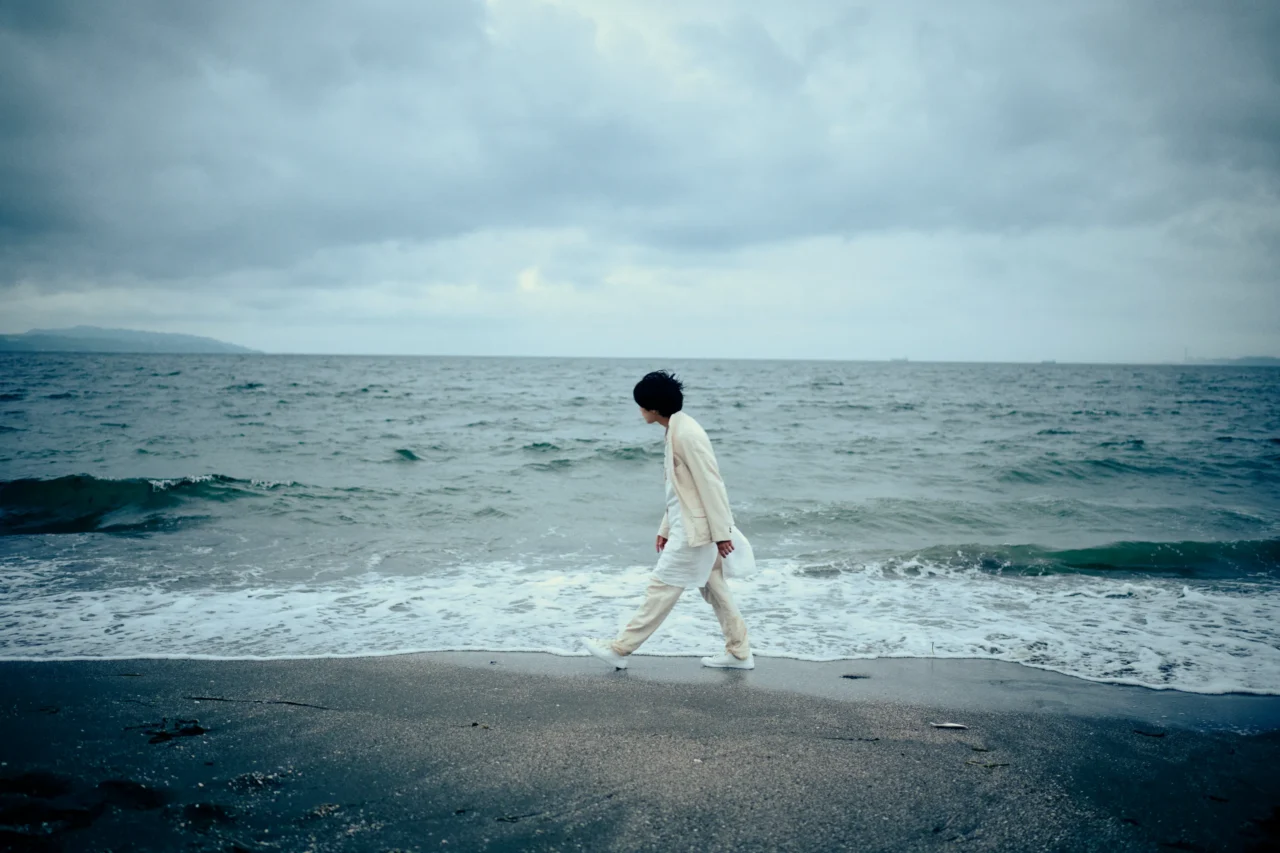
Along with the idea of “not giving up just because you can’t fly,” I feel like your music often reflects regrets and attachments to the past, but rarely expresses darkness about the future. Even in such a chaotic time, would you say you believe the future can be bright?
Rol3ert: I’m actually a really negative and sensitive person, so regrets about the past hit me hard. I constantly think, “Why did I do that?” about all sorts of little things. That’s why I want to move forward with even a bit of hope, so I don’t repeat the same feelings. Otherwise, I can’t move forward at all. That mindset definitely shows up somewhere in my songs. Just like with the idea of “if you can’t fly, how do you cope,” I take things I can’t go back and change and channel them into music. I try to create songs that stay with me and bring some calm to my feelings.
Saying “you can’t move forward without hope” feels more accurate than “seeing the future as bright.” It seems like a very real reflection of today’s world.
Rol3ert: Yeah, that’s exactly it. I want to feel hopeful, of course, but there are times when moving forward isn’t easy. In those moments, I just write lyrics that capture how I feel.
In a recent interview with SKY-HI, he noted that for a long time, gloomy songs dominated the charts, but nowadays more music is focusing on hope—saying something like, “We’ve come this far, so dwelling on darkness won’t help; it’s time to make a change.”
Rol3ert: Oh, really? I think sometimes people cope with bad situations by just shrugging it off, but I’m more the type who wants to resolve them. Music is my way of easing things I can’t fully fix. I’m not writing happy songs that say “everyone be happy,” and I’m not giving instructions on “how to fix it.” It’s more about offering a gentle way to feel a little lighter.
So instead of ignoring the darker sides of your era or your own regrets and anxieties, you face them and transform them into music, offering listeners subtle comfort.
Rol3ert: That’s exactly it. Even in a psychology class at university, I learned that confronting negative things actually reduces anxiety. So my approach is not to ignore them, but to face them and, at the same time, soften the impact through music.



